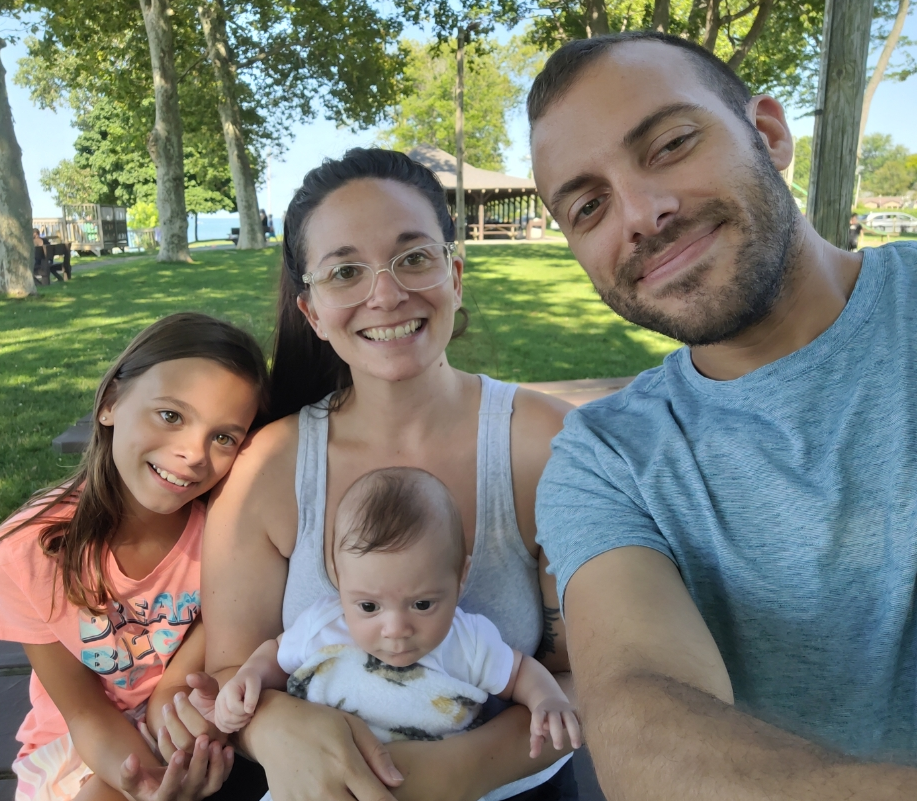According to a recent Consumer Financial Protection Bureau (CFPB) report, four in ten Americans say they are more afraid of medical debt than of serious illness. Through the first-hand accounts from beneficiaries, we continue to see how medical debt adversely impacts emotional and financial health in several ways.
Beneficiaries describe feeling stress, anxiety, and shame due to the burden of, and economic precarity caused by, medical debt. A Federal Reserve report from 2017, pre-pandemic, shows that almost half of Americans couldn’t afford an unexpected expense of $400. This reveals how the price of medical debt is often insurmountable, regardless of its size. And yet, people will pivot the orientation of their lives in search of strategies to pay medical bills and avoid seeing their debt sent to collections.
The following are events that people unfairly impacted by medical debt continue to be vulnerable to despite the recent actions that three major credit agencies have taken.






